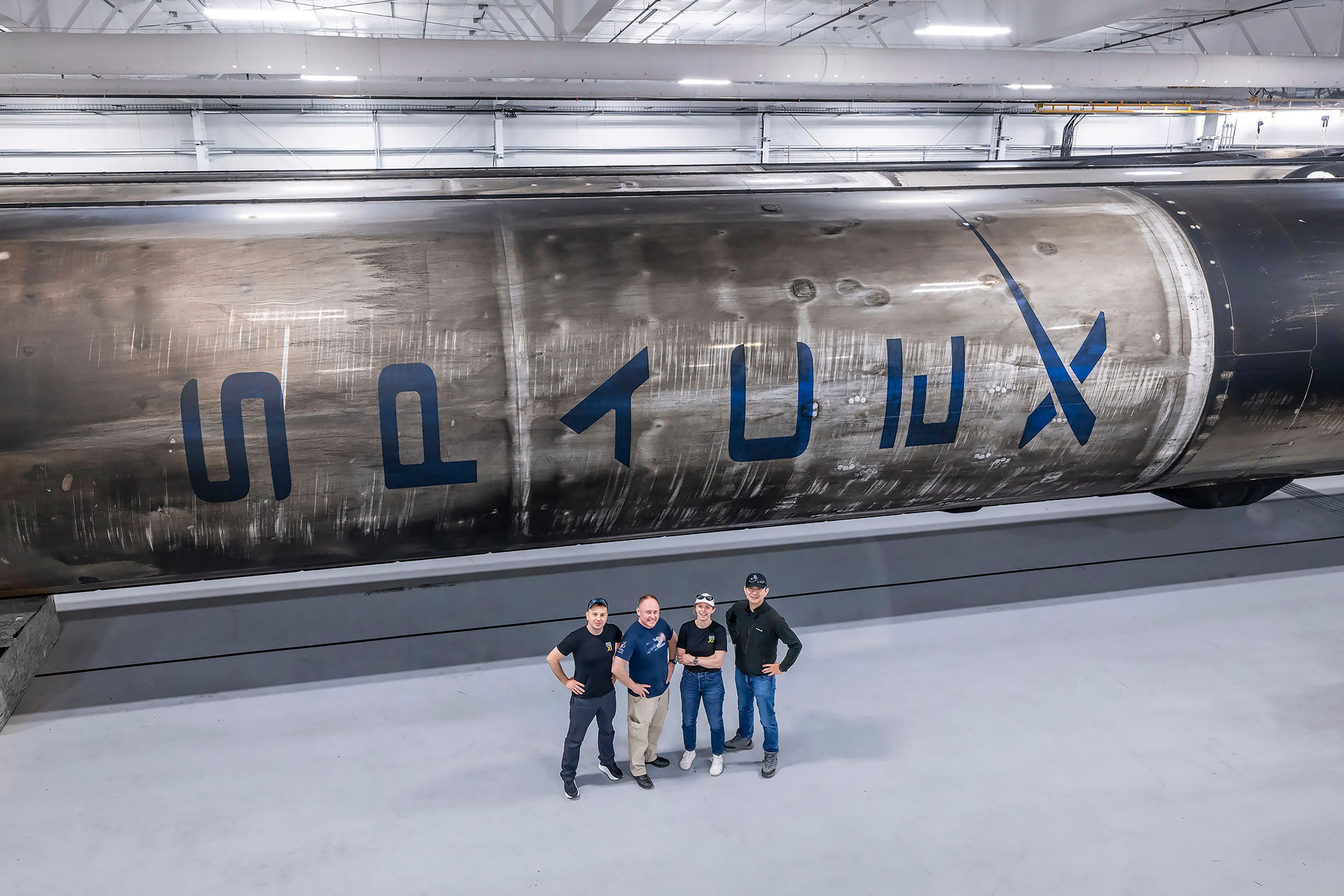Intelsat Stops Loral Satellite Fleet’s Revenue Decline
CASCO, MAINE - Intelsat officials said they have stopped the multiyear slide in revenues from the satellite fleet recently acquired from Loral, permitting the company to offset the apparently inexorable downturn in its heritage voice communications business.
In an Aug. 3 conference call with financial analysts to discuss second-quarter earnings results, Intelsat management declined to discuss the company's ongoing negotiations with one or more private-equity companies interested in purchasing the world's second-largest satellite-fleet operator.
Intelsat Chief Executive Officer Conny L. Kullman said all Intelsat stakeholders would benefit from such a sale. He declined to address the concerns of bondholders who have expressed worries that their interests might not be served in such a transaction.
Industry officials say the tightening of U.S. debt markets makes it likely that a leveraged buyout of Intelsat will occur before the end of the year, or not at all.
"We are in the middle of the process," Kullman said. "It is clearly in the interests of all stakeholders to get a timely and efficient conclusion to this."
Kullman also said Intelsat is arguing to the U.S. Federal Communications Commission (FCC) that an Intelsat owned by a private equity company should be granted full access to the U.S. market even without issuing publicly traded stock. In a spring conference call, Kullman had been unclear about Intelsat's position on this point.
The FCC is weighing a similar request from mobile satellite services provider Inmarsat Ltd. of London, which is making the same case as Intelsat. A ruling is expected this year. Intelsat and Inmarsat, created as international cooperatives, are required under a U.S. law known as the ORBIT Act to hold public stock offerings as a condition for operating in the U.S. market as private companies.
Get the Space.com Newsletter
Breaking space news, the latest updates on rocket launches, skywatching events and more!
Meanwhile, Kullman said recent private-equity purchases of Intelsat rivals PanAmSat Corp. of Wilton, Conn., and New Skies Satellites N.V. of The Netherlands, coupled with a possible Intelsat deal, ultimately will lead to further consolidation in the satellite-services sector. For the three months ending June 30, Intelsat of Washington and Bermuda reported a net income of $18.5 million on revenues of $261.7 million. EBITDA, or earnings before interest, taxes, depreciation and amortization, was 67 percent of revenues.
Backlog, at $4 billion, was about unchanged from the same period last year. The company said its average transponder-lease contract as of June 30 had 4.3 years to run before expiring. Some $472 million of this backlog relates to contracts set to expire in the second half of this year.
Intelsat's second-quarter revenue figure represents a 7 percent increase over the same period a year earlier, mainly on the strength of video distribution contracts that came with the purchase of New York-based Loral Space and Communications Ltd.'s Atlantic satellite fleet.
In a transaction valued at nearly $1 billion, Intelsat purchased Loral's Atlantic satellite fleet to get a foothold in the growing television distribution market and to compensate for the steady decline in its mainly voice- based point-to-point telecommunications business. That business is being taken by less-expensive services employing fiber-optic lines that now crisscross the oceans. For the three months ending June 30, Intelsat said its carrier business, which is mainly point-to-point voice links, dropped to 31 percent of revenues. The year-earlier figure was 36 percent.
In public statements since disclosing plans to buy the Loral fleet last year, Intelsat officials have said that while those satellites had been losing market share in the past three years, this decline was due in part to Loral's financial difficulties and eventual Chapter 11 bankruptcy filing.
With new management and a recovering telecommunications market, they argued, these satellites could make Intelsat a credible player in the U.S. television distribution market alongside SES Americom of Prince ton, N.J., and PanAmSat. Today those two companies have about 80 percent of the U.S. market for distribution of programming to cable head-ends.
Intelsat Chief Operating Officer Ramu Potarazu said the company's financial results for the second quarter -- the first full quarter that incorporated the Loral satellites -- offer affirmation of Intelsat's strategy. "The downward trend of the last years [for the former Loral satellites] won't be repeated this year," Potarazu said.
Video distribution accounted for 22 per cent of Intelsat's 2004 second-quarter revenues, up from 17 percent a year ago, Potarazu said.
Potarazu said providing routing services for cellular telephone firms is another growth business, and accounts for 24 transponders on Intelsat's global satellite fleet.
With the Loral acquisition and the renewal of its own satellite fleet, Intelsat has no plans to purchase a satellite in the next three years, Kullman said. The company has paid a $50 million deposit to Loral to start work on a spacecraft, but when this will be transformed into a full-fledged satellite contract is unclear.
The Intelsat 10-02 satellite, launched in June, is set to enter service by late August and is more than 50 percent booked. This is mainly because Telenor of Norway has purchased half the satellite's Ku-band capacity and is now a co-owner of the satellite. Telenor is moving its existing traffic on other Intelsat satellites to the 10-02.
Intelsat has one more satellite on order, the IA-8. That satellite is built, but its launch aboard a Sea Launch rocket has been postponed to late this year pending an investigation into a June mishap involving a similar vehicle in which the Loral Telstar 18/Apstar 5 satellite was placed in a too-low orbit. Intelsat's IA-8 is a much heavier spacecraft. Kullman also said Intelsat has received the full $141 million insurance payment from the abrupt in-orbit failure of the Telstar 4 satellite early this year. Intelsat is treating this payment on its books as a reduction in the sale price of the Loral assets.
Join our Space Forums to keep talking space on the latest missions, night sky and more! And if you have a news tip, correction or comment, let us know at: community@space.com.
Peter B. de Selding is the co-founder and chief editor of SpaceIntelReport.com, a website dedicated to the latest space industry news and developments that launched in 2017. Prior to founding SpaceIntelReport, Peter spent 26 years as the Paris bureau chief for SpaceNews, an industry publication. At SpaceNews, Peter covered the commercial satellite, launch and international space market. He continues that work at SpaceIntelReport. You can follow Peter's latest project on Twitter at @pbdes.









